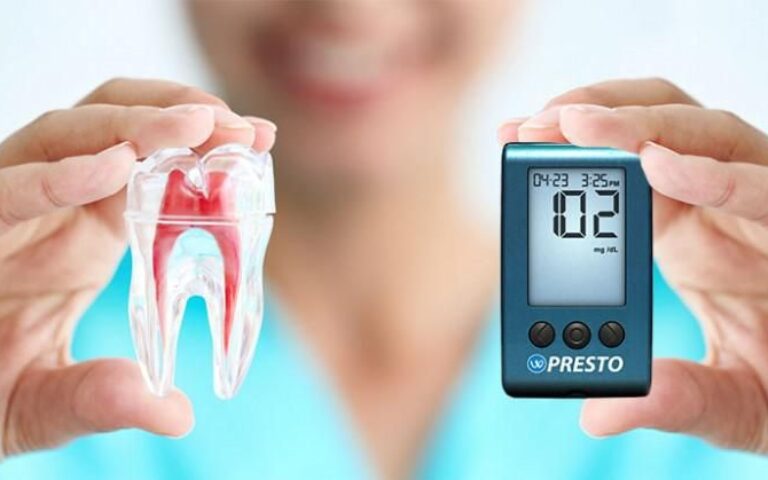Oral health is an integral aspect of overall well-being, and its impact extends far beyond an individual’s smile. A healthy mouth is essential for proper nutrition, speech, and self-confidence, making it crucial to address oral health in the community. By fostering awareness, access to dental care, and preventive measures, we can build a healthier and happier community. In this article, we will explore the significance of oral health in the community and discuss strategies to promote and maintain better dental well-being for all.
The Importance of Oral Health in the Community
- General Health Connection: Oral health is interconnected with systemic health. Poor oral hygiene can contribute to various health issues, including cardiovascular disease, respiratory infections, and diabetes. By prioritizing oral health, communities can improve overall health outcomes and reduce the burden on healthcare systems.
- Education and Empowerment: Raising awareness about oral health fosters a sense of empowerment within the community. When individuals understand the importance of dental care and preventive measures, they are more likely to take action to protect their oral health.
- Impact on Children: Children in the community are particularly vulnerable to dental issues. Untreated tooth decay can lead to pain, difficulty eating, and impaired speech development, negatively affecting a child’s quality of life and academic performance.
- Social and Economic Impact: Oral health problems can affect an individual’s ability to participate fully in social and economic activities. Pain and discomfort due to dental issues may result in missed school or workdays, reducing productivity and potential income.
Strategies for Promoting Oral Health in the Community
- Dental Health Education Programs: Implement community-based dental health education initiatives to inform residents about the importance of oral hygiene, proper brushing and flossing techniques, and the significance of regular dental check-ups.
- Access to Dental Care: Ensure that dental services are accessible and affordable to all community members, regardless of their socio-economic background. Collaborate with local dental clinics, community health centers, and dental professionals to provide discounted or free dental services to those in need.
- School-Based Oral Health Programs: Partner with schools to establish oral health programs that educate children about dental care and conduct regular dental check-ups at school premises.
- Fluoridation of Water: Advocate for water fluoridation in the community, as it has been shown to be a safe and effective way to prevent tooth decay and improve oral health, particularly for those with limited access to dental care.
- Community Outreach and Events: Organize dental health fairs, workshops, and outreach events to engage with community members directly. These events can offer free dental screenings, distribute oral health supplies, and provide educational materials.
- Collaboration with Local Leaders: Involve local leaders, community organizations, and stakeholders in promoting oral health. Their support can amplify the message and encourage greater participation.
- Encourage Healthy Habits: Promote healthy habits, such as reducing sugary snack consumption and avoiding tobacco and excessive alcohol use, which can have detrimental effects on oral health.
Conclusion
Promoting oral health in the community is a collective effort that requires collaboration, education, and access to dental care. By recognizing the importance of oral health in the context of overall well-being, communities can work together to improve dental outcomes for all residents. Through dental health education, access to affordable care, and preventive measures, we can pave the way for brighter smiles, enhanced quality of life, and a healthier and happier community as a whole. Remember, a community with good oral health is a community that thrives.





